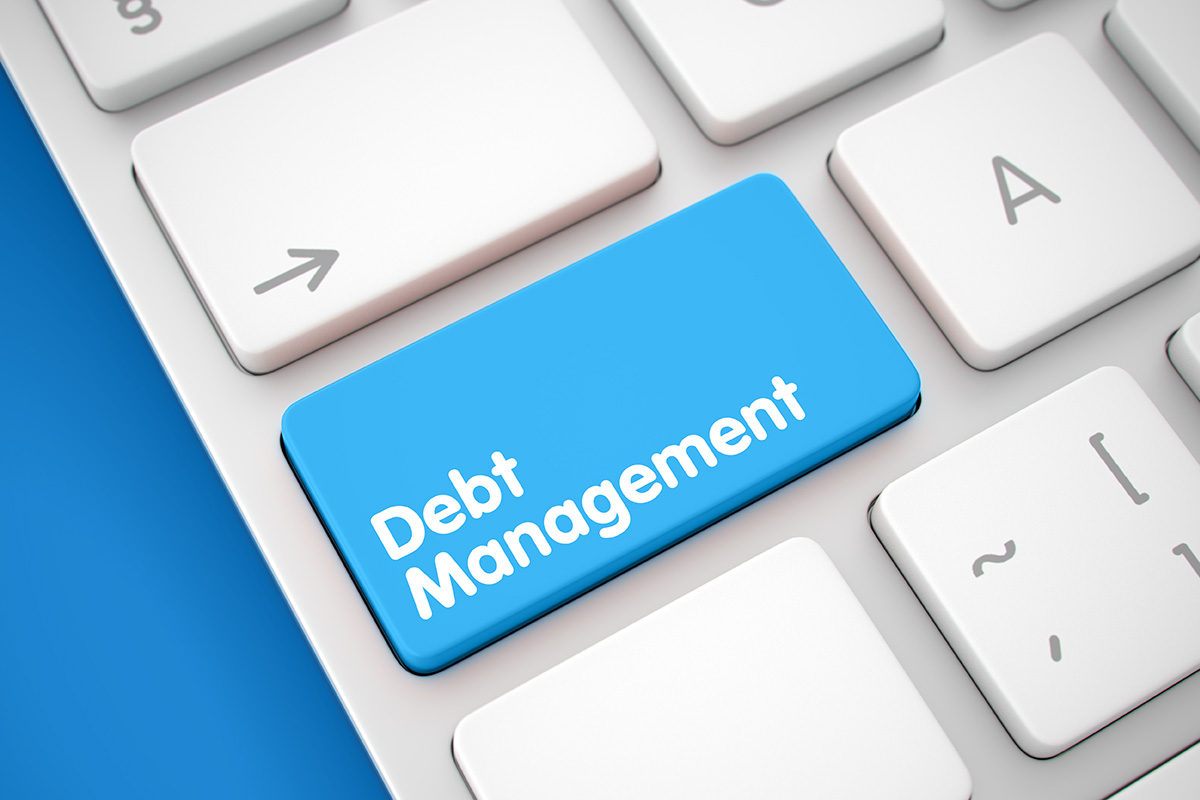
Should You Pay Off Debt or Invest? A Practical Guide to Building Financial Security
Debt can feel overwhelming, but managing it effectively is a crucial step toward financial security. Whether it’s student loans, credit cards, or a mortgage, knowing how to balance paying down debt with saving for the future can transform your financial outlook. Many people struggle with the question: Should I focus on eliminating debt or invest for the future? The truth is, there’s no one-size-fits-all answer—it depends on your financial situation, goals, and the type of debt you carry. This guide will walk you through practical steps to manage debt while helping you decide when to prioritize saving and when to pay off what you owe.
1. Understand and Organize Your Debt
The first step in managing debt is knowing exactly what you owe. Gather details on all your debts, including the balance, interest rate, and minimum payment. Understanding the types of debt you carry can help you prioritize repayment:
Create a debt tracker to organize these details. This will give you a clear view of where you stand and help you form a repayment plan.
2. Choose a Repayment Strategy That Works for You
There are two primary methods for paying down debt—both effective, but suited to different personalities and goals:
3. Pay Down Debt or Invest? How to Decide
One of the most common financial dilemmas is whether to pay off debt faster or invest for future goals like retirement. The best choice depends on several key factors:
4. Build Long-Term Financial Habits
Managing debt isn’t just about paying it off—it’s about adopting habits that keep you financially secure in the future. Here are a few practices to maintain balance:
Consistency is key. Even small, regular contributions to savings and debt repayment can make a significant difference over time.
Deciding whether to pay off debt or invest is a personal decision based on your financial goals and circumstances. High-interest debt, like credit cards, is usually best tackled quickly, while lower-interest debt may be worth balancing with long-term investing—especially if you have access to employer-matched retirement accounts. The most important step is to take action: organize your debt, choose a strategy, and commit to consistent payments. By balancing debt management with smart investing, you can build a more secure and confident financial future. If you’re unsure where to start, don’t hesitate to seek guidance—financial professionals can help you develop a plan tailored to your unique needs.
Links
Snowball Debt Elimination Calculator: https://www.dinkytown.net/java/snowball-debt-elimination-calculator.html




